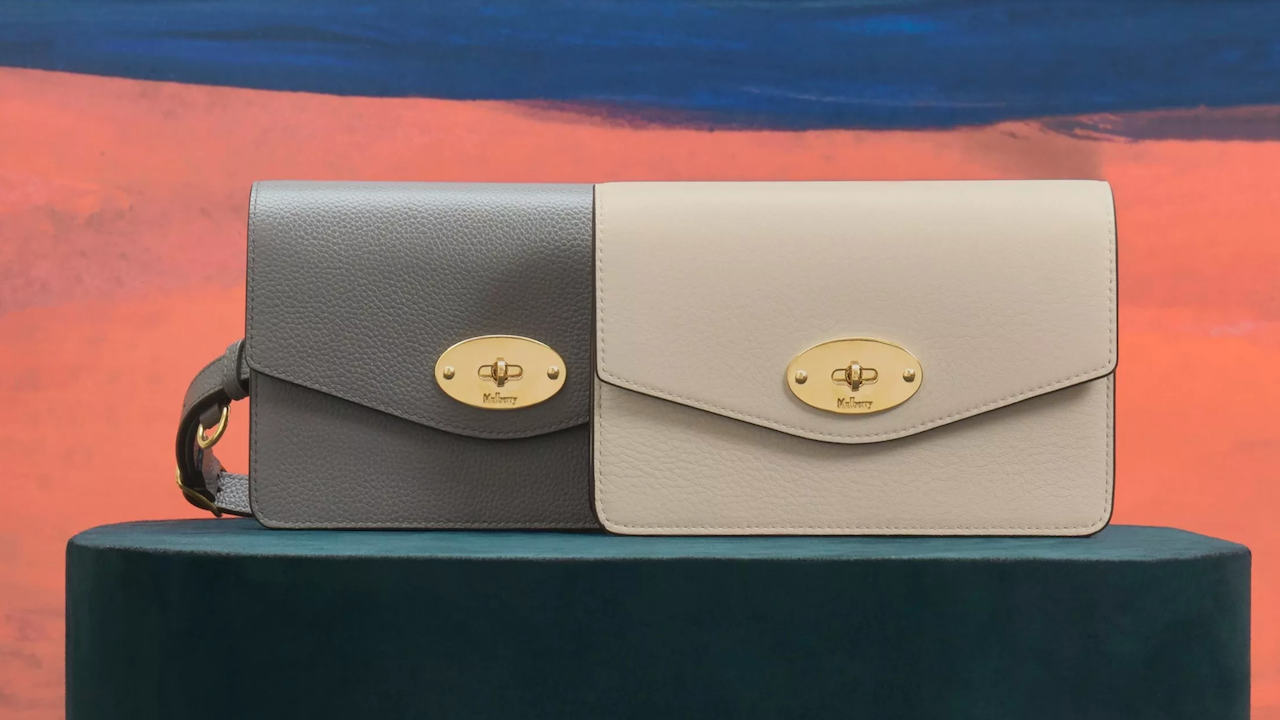This week, the British luxury brand
Mulberry#
announced that it had chosen the agency ForwardPMX to lead a new “performance marketing program” in China, incorporating “organic social and biddable media, as well as overall campaign management across key local platforms in the region, such as Weibo and WeChat.”
Boiling down the press release, it’s as simple as this: Mulberry is investing more in its local social media presence — with particular attention apparently being given to WeChat and Weibo — with an expectation that more engagement on these platforms will increase sales and Mulberry’s brand awareness in China.
This plan isn’t necessarily a bad one, but it might not be enough to help Mulberry see a big bump in the market, simply because the platforms that consumers in China increasingly use to discover, engage with, and purchase luxury brands are rapidly changing, as are the ways they now like to engage with brands.
As CCI noted in our recent Guide to Streaming Platforms in China, WeChat — despite being China’s super-app, which consumers use to do basically everything — has become much more associated with people’s professional lives than a place for engaging with brands. While the platform is often used to communicate with sales staff and complete purchases at physical stores both in China and globally, WeChat has been sliding for years as a luxury discovery platform, as Jing Daily wrote in 2018, though it is trying to regain ground with new features such as livestreaming, short videos and e-commerce shops.

Weibo, too, has lost cachet in the luxury realm in recent years as digitally savvy brands have experimented with newer apps that appeal to the millennial and Gen Z demographics, among them Douyin (TikTok), Kuaishou, Little Red Book (Xiaohongshu), and Bilibili. Like its closest Western counterpart, Twitter, Weibo is fraught with bots, fake followers, and illusory influencers, making positive ROI increasingly difficult for brands. And in terms of catching the consumer where they live, livestreaming (often e-commerce-enabled) has become the hot topic for luxury in China, with even traditional, hard luxury brands getting in on the game.
What all of this means is that the concept of a marketing mix for China has become immeasurably more complicated over the past few years, with some luxury brands trying a little bit of everything to see what works — a touch of livestreaming by key executives, celebrities, and sales staff, some content-focused collaborations with an “it-brand” local partner, and a brand integration or two on a short video series.
Mulberry, having pivoted away from ready-to-wear and footwear in favor of its leather goods collections, may find it difficult to move the needle in China even with its agency-led efforts if too much emphasis is placed on Weibo and WeChat (if no other reason, because they are two relatively old, very busy platforms jam-packed with leather goods brands). If too little focus is placed on exploring which platforms are being used for luxury discovery, education, and ultimately purchase by the target Mulberry consumer in China, the brand may get lost in the noise.
What has also become increasingly clear in the Covid-19 era of luxury marketing in China is that the consumer now demands a content-commerce approach by brands that entertains as well as shows off new collections or drives to e-commerce. As we have seen time and time again in 2020, marketing avenues such as livestreaming work best for luxury brands when they incorporate the entertainment roots of livestreaming into the mix. Based on what we have seen from recent creative luxury brand films in China, entertainment is generally becoming indispensable in the luxury marketing toolbox.
If Mulberry’s new approach to China can go beyond the standard approach of getting Weibo or WeChat influencers or celebrities to hawk their leather goods, and take a more deliberate (and entertaining) approach that considers newer platforms and content-commerce marketing strategies that are working for other brands, Mulberry may see a more sustained bump in interest that could translate to real sales.
That is, if current U.K.-China tensions don’t lead to Mulberry being included on some kind of boycott list.

